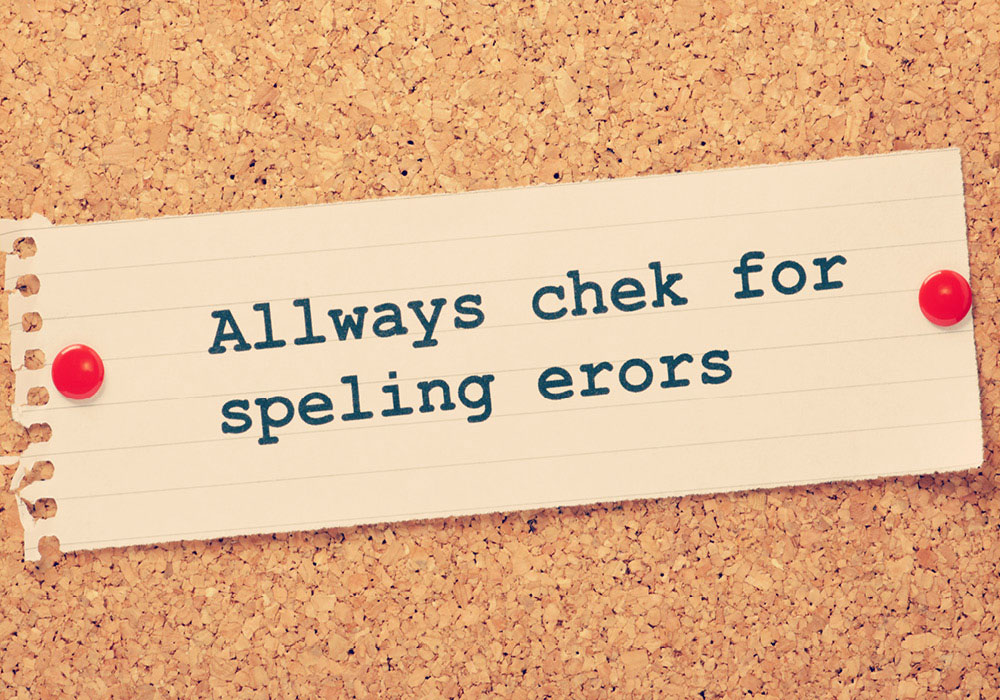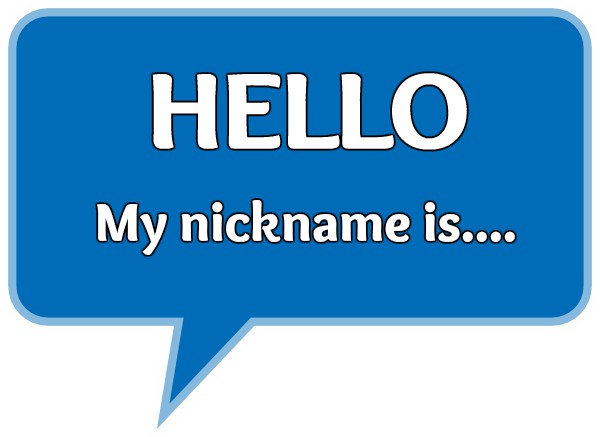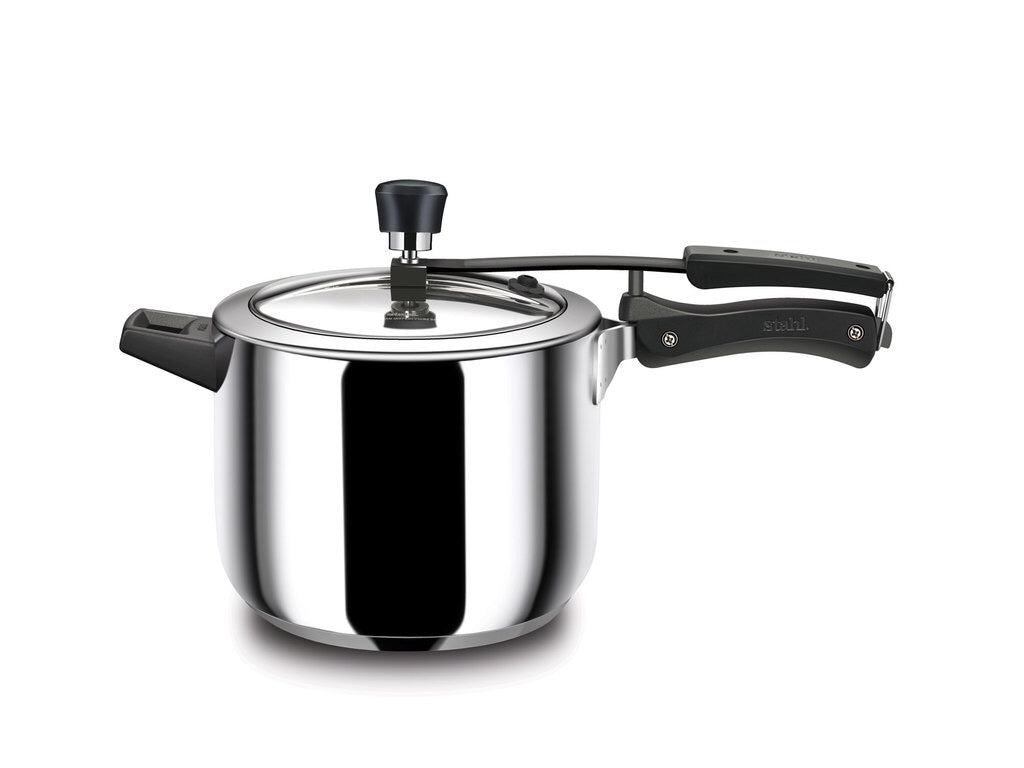
To master English spelling is an impossible task. But spelling mistakes are not acceptable. So, something has to be done. Let me give you a few tips:
• always picture words in your mind. See them in your mind.
• write new words in longhand several times.• also type new words several times on your computer.
• close your eyes and spell new words in your mind.
• when reading, notice difficult words and how they are spelt.
• whenever a spell checker points out you have made a mistake, take
note.
• practice, practice and practice… Learning English spelling is a lifelong
task.
• be careful with words that to the untrained Spanish ear sound
similar: cap, cup; hum, ham; leave, live; phase, face; feel, fill.
More, much more in:













